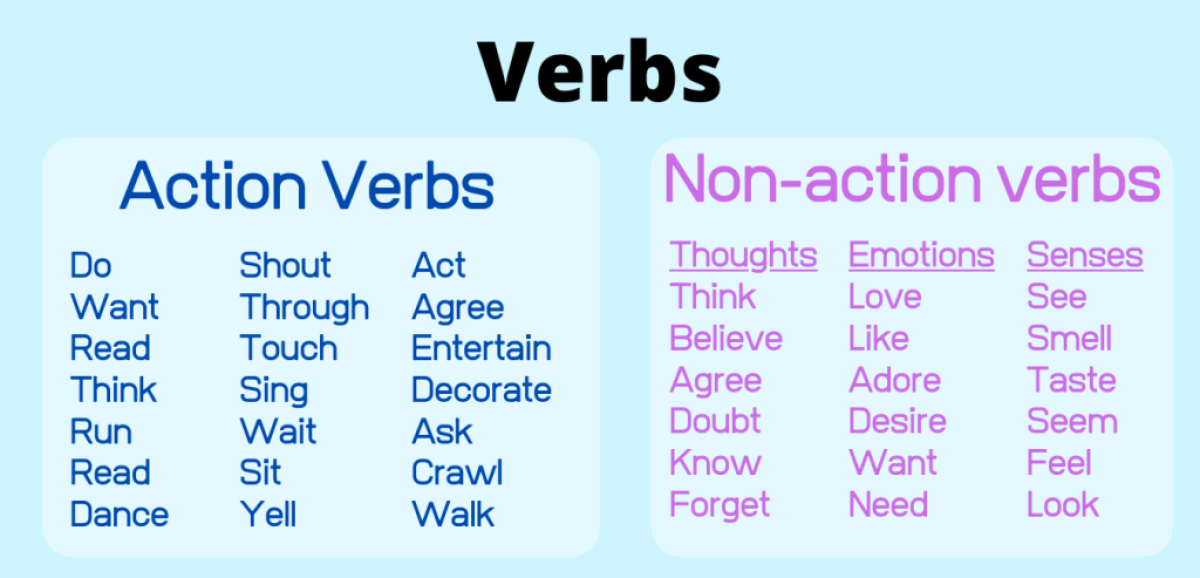The simple past tense in Yoruba
Hey again! Today we will be looking at something a bit different to our previous lessons, today we will be looking at how to create sentences in the simple past tense in Yoruba.
If you’re not really sure what the simple past tense is, I’ve given some examples below of sentences in the simple past tense in English:
I ate pizza.
She washed clothes.
They sung songs.
Action and Non-action Verbs
Before we dive into this lesson guys, there’s something that I have to explain first…there are different types of verbs. I know, I know it sound weird right? Especially because you can speak English fluently without having to know them, but trust me they will really help you with your Yoruba language learning.
Basically, there are loads of different types of verbs, but I’m just going to go over two types. They are called action verbs and non-action verbs.
An action verb describes a physical or mental action (i.e. what a person does), while a non-action verb describes a state of being, opinion, sense or preference.
If this all sounds a bit confusing, I’ve displayed some examples in the image below:

How to make a sentences in the simple past tense in Yoruba
Simple Past Tense with action verbs
To create a sentence in the simple past tense in Yoruba using verbs that are action verbs, all you have to do is add the action verb directly to a pronoun (or noun subject).
Pronoun + action verb = simple past tense in Yoruba
For example
- Mo + jẹun = Mo jẹun
I + to eat = I ate - Mo + rà = Mo rà
I + to buy = I bought - Ó + fọ + aṣọ = O fọ aṣọ
He + to wash + clothes = He washed clothes - Wọ́n + jó = Wọ́n jó
They + to dance = They danced

Simple Past Tense with non-action verbs
To create a sentence in the simple past tense in Yoruba for non-action verbs, you actually just do exactly the same thing as you did above, you add the non-action verb directly to a pronoun (or noun subject).
Pronoun + non-action verb = simple past tense in Yoruba
Now here’s the difference! Sentences with non-action verbs in the simple past can also signify the present tense at the same time. You will know whether the sentence is in the present tense or past tense from context. Look at the example sentences below to get a better understanding of how non-action verbs work.
For example
- Mo + mọ = Mo mọ
I + to know = I knew/know - O + gbà = O gbà
You + to agree = You agree/you agreed - Wọ́n + ri = Wọ́n ri
Them + to see = They see/saw - A + fẹ́ = A fẹ́
We + to want = We want/wanted
So in case your Aunty says to you ‘Mo mọ’ use context to know whether she is saying ‘I know’ or ‘I knew’.
Alright that’s all for today! Today’s lesson had lots of moving parts, so don’t put pressure on yourself to learn it all at once, come back to the lesson a little later for a review if you need to.


Thanks so much ma,this has really help. God bless you